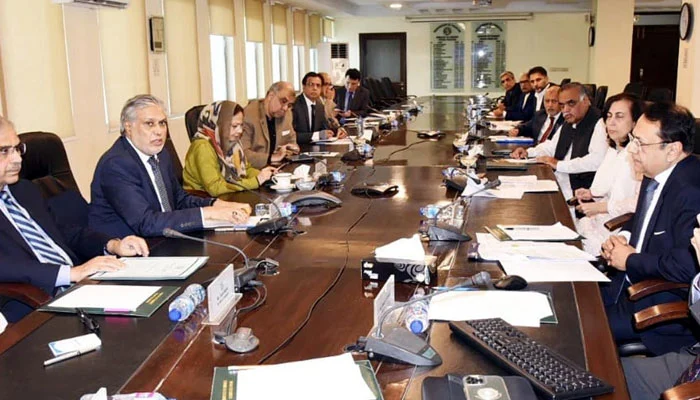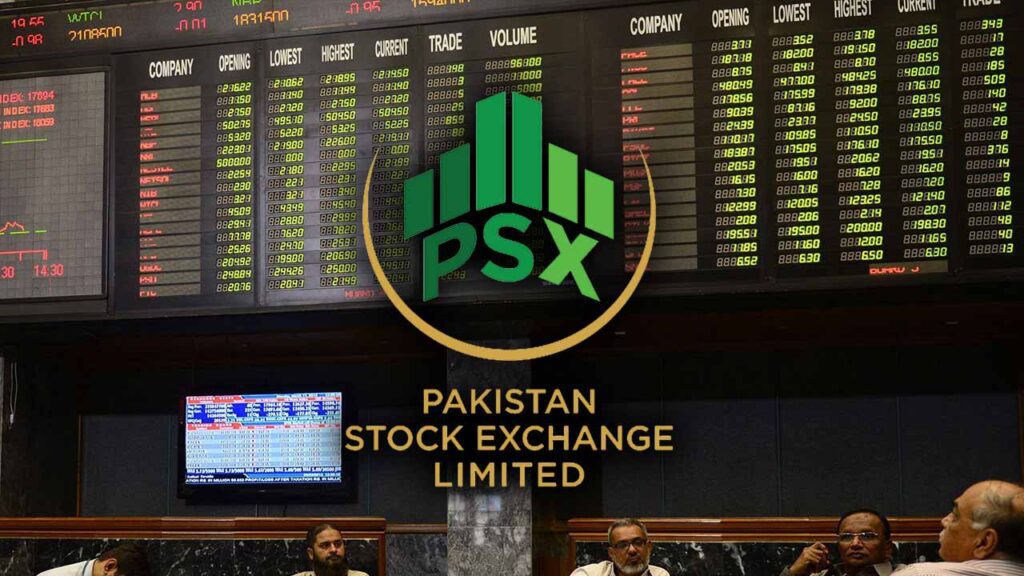- Govt also considering amendments to bring retailers in tax net.
- Options for documentation of property sector also being looked into.
- FBR chairman gives detailed presentation on budgetary proposals.
ISLAMABAD: The government is expected to keep the standard rate of General Sales Tax (GST) unchanged at 18% for the upcoming budget 2023-24, reported The News.
The government is also working on jacking up rates of withholding taxes where applicable and possessed the potential to increase tax revenues. The government also considered amendments for retailers to bring millions into the tax net. Schemes for luring retailers into the tax net have miserably failed in the last two to three decades.
Different proposals are under consideration for slapping Minimum Asset Tax (MAT) on both moveable and immovable assets but the Federal Board of Revenue (FBR) has been advised to get the endorsement of the constitutionality of the proposed taxation measures to avoid landing into litigations.
The government is also looking into options for the documentation of the property sector for achieving a highly ambitious tax collection target of Rs9 to Rs9.2 trillion for the upcoming budget.
These proposals were discussed in a meeting chaired by Finance Minister Senator Ishaq Dar on budgetary proposals at the Finance Division.
State Minister for Finance Dr Ayesha Ghous Pasha, Special Assistant to Prime Minister (SAPM) on Finance Tariq Bajwa, SAPM on Revenue Tariq Mehmood Pasha, Chairman Reforms and Resource Mobilization Commission (RRMC) Ashfaq Yousuf Tola, finance secretary, FBR chairman, and other senior officers from Finance Division and FBR attended the meeting.
FBR Chairman Asim Ahmad gave a detailed presentation on budgetary proposals for the Federal Budget 2023-24.
Finance Minister Dar reiterated the resolve of the government to provide a business and people-friendly budget. He added that the government is committed to ensuring that the new budget brings economic prosperity for all sectors of the economy and ensures the distribution of resources equitably among various sectors, the official statement concluded.
The meeting discussed some taxation proposals including a measure to tax the exporters that hold back foreign exchange in anticipation of the devaluation of the rupee against other international currencies and resultantly earning a gain on their foreign exchange.
Such gain can be computed as the difference between the foreign currency conversion rate prevailing after a specified number of days of export and the conversion rate on the date when the foreign currency is brought to Pakistan. Since the FBR is not privy to these details, it is recommended that the task to collect this levy be entrusted to the State Bank of Pakistan.
For promoting documentation in exports through the minimum tax regime, Pakistan’s economy heavily relies on exports, and as such, the government has been taking measures to promote and incentivise them.
One such measure is the FTR regime for exporters. It is recommended that the FTR scheme for exporters should be shifted to a minimum tax regime (MTR) scheme in the first phase to encourage documentation.
In the next phase, exporters should be allowed to avail 100% tax credit subject to certain conditions, similar to the provisions under the law for non-profit organisations. To avail this benefit, exporters must maintain proper documentation and comply with relevant government regulations. The proposed MTR scheme can promote documentation in exports and incentivise exporters to maintain proper financial statements, ultimately leading to a more transparent and inclusive economy.
This scheme can also help the government increase tax revenue, bringing in much-needed funds towards public services and development projects.

 Latest News16 hours ago
Latest News16 hours ago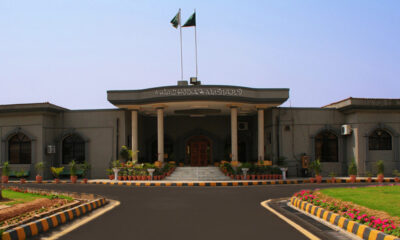
 Latest News2 days ago
Latest News2 days ago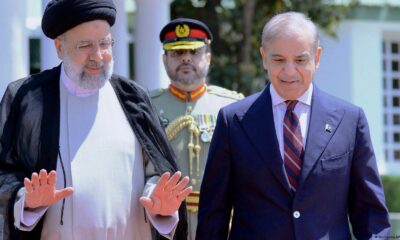
 Latest News16 hours ago
Latest News16 hours ago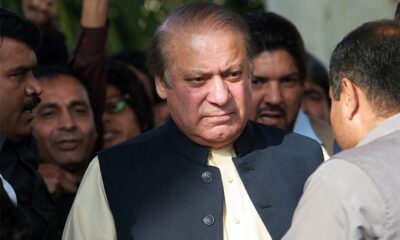
 Latest News2 days ago
Latest News2 days ago
 Latest News16 hours ago
Latest News16 hours ago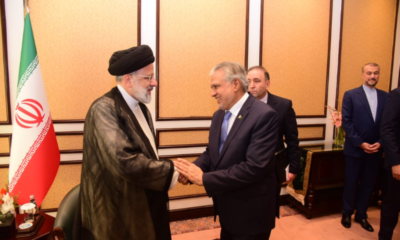
 Latest News3 days ago
Latest News3 days ago
 Latest News3 days ago
Latest News3 days ago
 Latest News3 days ago
Latest News3 days ago
